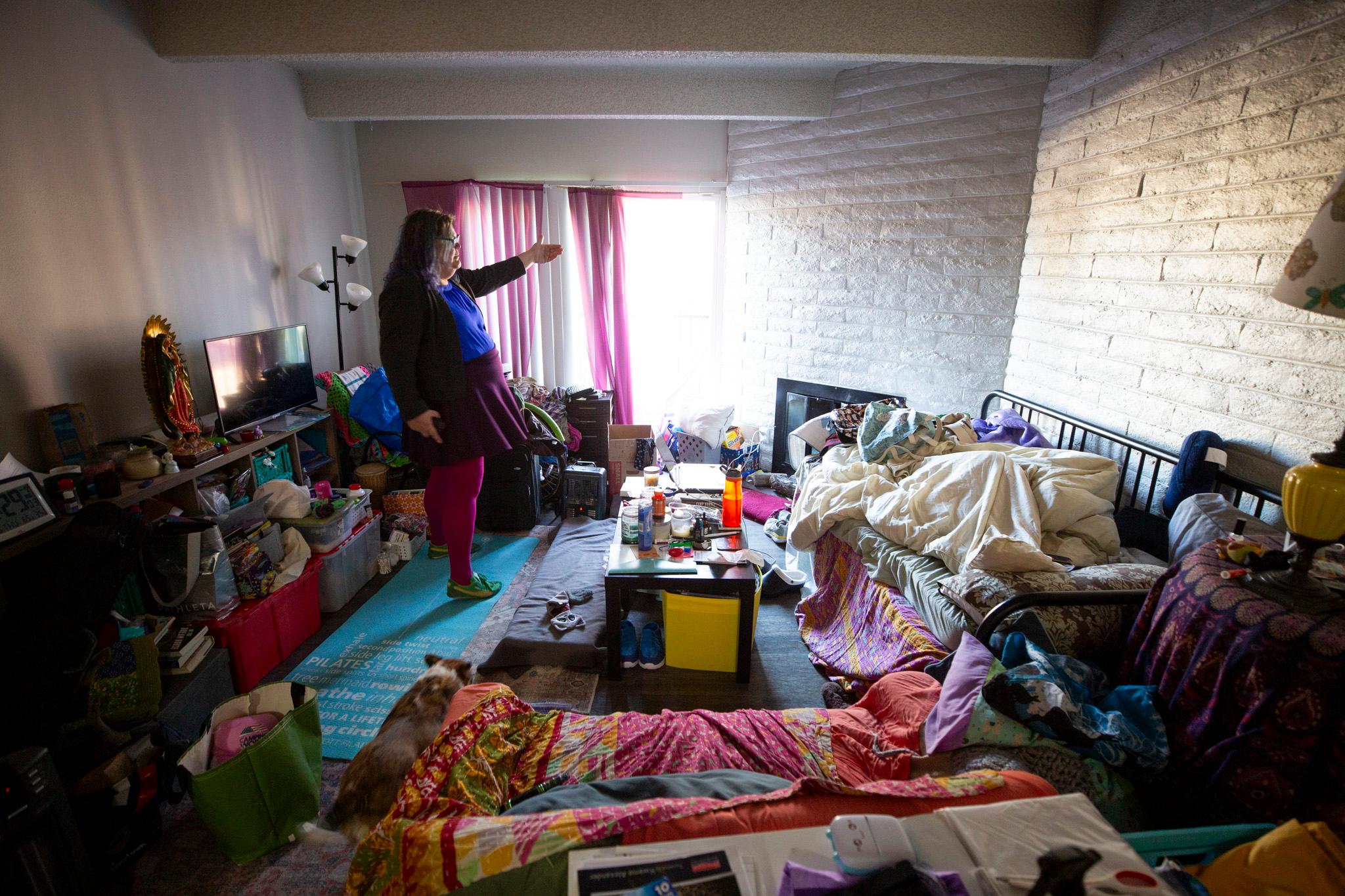This story was originally published by Chalkbeat. Sign up for their newsletters at ckbe.at/newsletters.
By Melanie Asmar/Chalkbeat
Six Denver schools could face a closure vote next year if they don’t improve or maintain their test scores, according to a presentation at Thursday night’s school board meeting.
John F. Kennedy High, Oakland Elementary, Cheltenham Elementary, Traylor Elementary, Rocky Mountain Prep Noel, and Academy 360 could be at risk of what Superintendent Alex Marrero euphemistically calls “reimagining” if they earn one of the state’s two lowest ratings — signified by the colors orange and red — next fall.
The state ratings are largely based on standardized test scores.
Some of the six schools are safer from closure than others. Academy 360 earned a yellow rating this year. If it’s yellow again next year, it’s safe. If it’s red or orange, it’s at risk.
The other five schools earned orange or red ratings this year. Denver Public Schools leaders said they appealed some of those ratings to the state but didn’t say which ones. If the state decides to upgrade a school’s rating to yellow, it’d be in the same position as Academy 360. The appeals decisions will be announced in December.
Four of the schools at risk are run by the district. Rocky Mountain Prep Noel and Academy 360 are independently run charter schools. The district is the sole authorizer of charter schools within its boundaries and can effectively close them by not renewing their charters.
All six schools are currently on the state “accountability clock,” so called because it ticks toward state intervention. The harshest intervention is school closure, but the state has rarely deployed it. A new policy unveiled by Marrero earlier this year is meant to avoid state intervention by closing low-performing Denver schools before the state gets involved.
The Denver school that has been on the accountability clock the longest, Abraham Lincoln High, will not be subject to closure under the district’s policy. That’s because Lincoln is already undergoing state intervention and district leaders said they intend to see that through.
The district’s policy is called the School Transformation Process. Marrero told the board Thursday that while the policy allows for closing schools due to low test scores, he hopes it won’t come to that. The district has launched a new program called the Elevate Schools Network to support struggling schools. Oakland, Cheltenham, and Traylor are participating.
“We are prepared to engage in those tough conversations, but we are not desiring to make those decisions,” Marrero said.
According to the school board presentation, the timeline for the new policy will work like this: In December, the district will solicit applications from school operators interested in replacing schools that might be closed for low test scores.
Those operators could be charter schools, community groups, or anyone else who’d like to run a school, officials said. The district itself will submit applications as well, officials said. The school board will decide which applicants meet its bar for quality, giving them pre-approval.
In the spring of 2026, students will take a new round of state standardized tests. In the fall of 2026, the state will issue a new round of ratings based on those test scores.
After the state issues its ratings, the superintendent will recommend schools for closure based on the ratings. Schools on Year 4 or Year 5 of the accountability clock — which means they’ve earned low ratings for at least four or five years — will be recommended for closure.
If those schools also have low enrollment, the school board could vote to close them for good.
If the schools have healthy enrollment, the board could vote to replace them.
To decide on replacements, the district would use a “community matching process.” The pre-approved schools would have to submit a more detailed plan for how to specifically serve the students at the school that’s being closed.
The low-rated schools would close at the end of the 2026-27 school year. The replacement schools would open in the fall of 2027.
Board members didn’t have many questions Thursday. Several said test scores are not the only way to measure school success. President Carrie Olson said she was mindful that the schools on the list are “filled with students and families and educators.”
“I just want to be sure that we’re including them in these discussions so they understand what could be coming and how we’re helping them,” Olson said.
A few board members praised Academy 360, a charter elementary school in the Montbello neighborhood that previously faced closure in 2023 but has since improved its rating.
Academy 360’s yellow rating means it is considered “on watch” by the state. Another year of a yellow or green rating would allow Academy 360 to exit the accountability clock altogether.
But if Academy 360 backslides and earns an orange or red rating next year, it could be closed. Because it’s a charter school, Academy 360 would go through a different process, district officials said. Charter schools must be renewed periodically by the district that authorizes them. Officials said they would recommend that low-rated charter schools not be renewed.
Melanie Asmar is the bureau chief for Chalkbeat Colorado. Contact Melanie at [email protected].
Chalkbeat is a nonprofit news site covering educational change in public schools.












